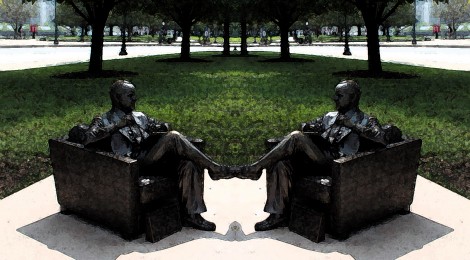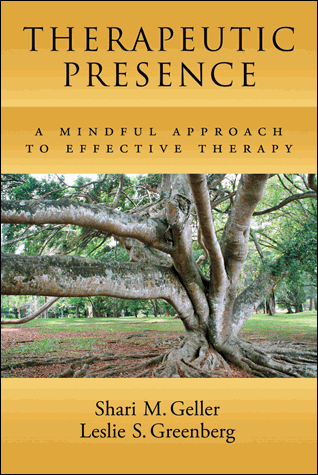
Does Experiencing Therapy Make A Better Therapist?
It seems intuitive. Psychologically adjusted clinicians should provide better psychotherapy.
Aside from the stressors of their own daily life, therapists face the emotional struggles and traumas of their clients on a daily basis. To meet these challenges effectively and to avoid burnout, therapists need to maintain a high degree of self-awareness and personal wellbeing.
So how does experiencing therapy help clinicians with their work?
British psychotherapist Drew Coster says that personal psychotherapy has helped him broaden his repertoire of techniques and taught him to focus on achieving his clients’ goals instead of focusing on a prescriptive model of treatment. Similarly, Chicago psychologist Gerald Stein has explained that going through therapy can help clinicians identify problems in their treatment approach based on their personal experiences.
Studies have also shown that the therapist’s wellbeing affects the quality of the relationship developed with the client. The clinician-client relationship is often referred to as the therapeutic alliance and it is related to better therapy outcome regardless of the therapist’s specific style or school of thought.

Psychologists Leslie Greenberg of York University and Shari Geller of the University of Toronto, authors of the Therapeutic Presence: A Mindful Approach to Effective Therapy, argue that therapist self-care builds the foundation for developing a good therapeutic relationship with the client. Only through personal balance and stability can clinicians be fully present, attentive, and helpful during sessions.
Self-care can take many forms and can include going through therapy. For practitioners, experiencing their own therapy helps promote self-awareness and personal growth. And it allows them to address private issues and biases that would otherwise hinder progress in their clients. Becoming aware of one’s strengths and limitations can help therapists determine what clients to take on and when to refer clients to other therapists.
Traditional psychoanalysis is the only therapeutic orientation that requires the therapist-in-training to actually go through the therapy process. Self-reflection and exploration are key components of humanistic and experiential therapies. And while cognitive and behavioural approaches do not emphasize personal development on the part of practitioners, mounting evidence for the importance of solid therapeutic alliances may be shifting this tradition.
Psychiatrist Steven Reidford, argues: “At the most commonsense level, a therapist who knows what it is like to be a patient may be more empathic, and may anticipate unstated feelings more readily than a therapist without this first-hand knowledge.”
Reidford cites the requirement for practitioners of psychoanalysis to undergo therapy, explaining that the Freudian concepts of emotional transference and countertransference between patients and therapists are readily applicable to other therapeutic styles like CBT. Instead of relying on theory and patient-report data, he suggests experiencing the phenomena firsthand. He explains that therapists’ primary tool is their emotional sensitivity, which can be honed by attending psychotherapy and getting familiar with one’s own feelings and biases. He also notes that being in therapy de-stigmatizes the process and can help therapists see their patients as individuals instead of maladies.

Experiencing therapy may be helpful from a simpler, more practical standpoint. Associate professor James Bennett-Levy of the University of Sydney found in a recent study that students learning the cognitive therapy approach found personal therapy helpful in enhancing their understanding of the theory and process of treatment. They also found it helpful in gaining a better understanding of their role as a therapist, developing greater empathy, and gaining a better understanding of themselves.
Personal counselling also allows the therapist to experience what it feels like to be the client. Clinicians in Bennett-Levy’s study stated that personally experiencing the treatment process, beyond reading about it or conducting it, provided a deeper understanding of the models and techniques they were studying.
It is important to keep in mind that this research was based on the therapists’ self-evaluations. Are these benefits reflected in psychotherapy outcomes for clients?
Most research on therapy for therapists has focused on self-evaluations of the positive and negative effects. While clinicians purport to gain insight and professional skills by attending therapy, little research exists measuring the specific impacts of therapy for therapists on client satisfaction. Nevertheless, as with anyone, therapy can help clinicians gain self-awareness and empathy, which may otherwise wane as a result of life stress.
-Essi Numminen, Contributing Writer
Photo Credits:
Feature: John Sloan on Flickr
First: American Psychological Association
Second: David on Flickr



